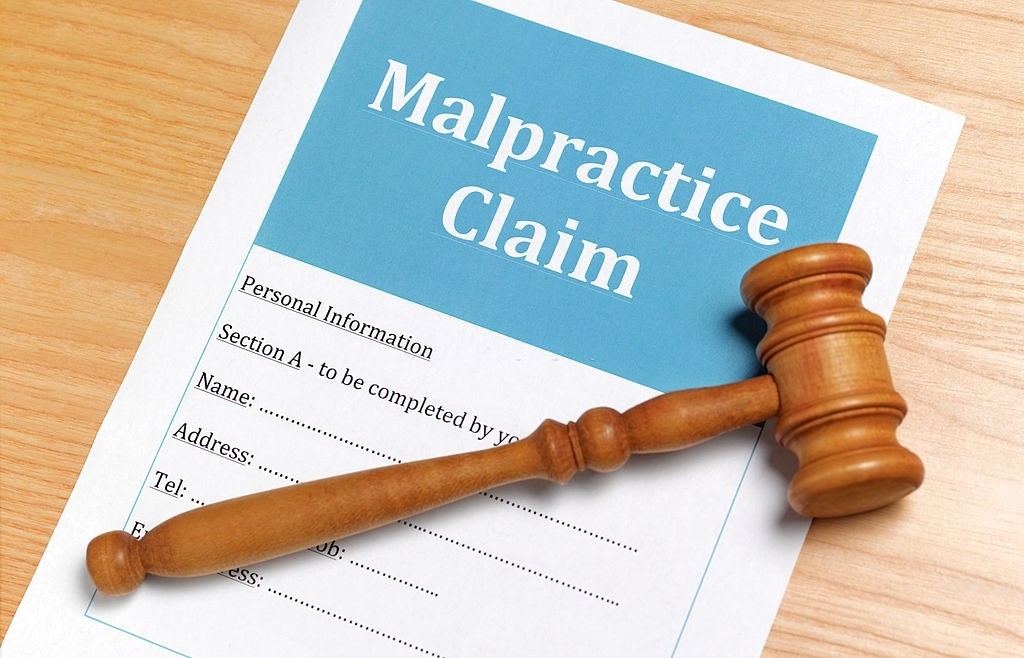Taxes punish success. They are a consequence of hard work or, in some cases, ingenuity. Even seemingly common business transactions can trigger this type of punishment, and the consequences can be sizeable. This is especially true when it comes to the Federal estate tax. The tax itself can amount to 40% of the value of…
Category: Estate & Gift
Estate & Gift
Counsel on estate planning and gift tax issues, including trust creation and administration, wealth preservation, and minimizing tax liabilities. Give us a call to see how we can help, (713) 909-4906.
Gift Tax Return for Wrong Year Starts IRS Statute of Limitations
The IRS receives a vast amount of information, which can make it challenging for them to act on all the information they possess. However, taxpayers have the ability to alert the IRS to potential tax issues and wait for the IRS’s response. The IRS generally cannot ignore information it has received. For example, in the…
Court Recasts Gift of LLC Interests
Real estate has been a great investment. In addition to the potential for appreciation of the property, it may also have the added benefit of producing rental or other income. Real estate can also have income tax advantages. This can help reduce one’s income tax liability during peak earning years. Many taxpayers buy real estate…
Avoiding Gift Taxes With Formula Clauses
Congress has slowly upped the amount that can be transferred free of estate and gift taxes. This amount has changed over time. It was $1 million in 2003. It is now just over $11.5 million in 2020. This means that many people do not need to worry about estate and gift taxes. Estate and gift…
Can the IRS Collect Gift Tax From Recipient After 14 Years?
If someone gives you property and then dies and more than ten years has passed since the gift, can the IRS sue you to collect the amount of the gift from you? Most would think the answer is a resounding “no,” as the recipient isn’t liable for unpaid gift taxes and the statute of limitations…
Can Defective Deed Defeat IRS Estate Tax Lien?
The IRS lien is broad and attaches to the taxpayer’s property. Creative tax attorneys have tried to find ways around the lien with limited success. The recent Saccullo v. United States, No. 17-14546 (11th Cir. 2019) case raises the question as to whether a defectively executed deed be used to defeat the IRS’s estate tax…
Tax Benefit Rule & Transfers at Death
A sole proprietor incurred a business expense. He dies in the same year. The business expense was for property that would last more than one year. Does the business owner’s estate have to report the amount of the deduction as income? This question is answered by considering the tax benefit rule. The court addressed this…
Tax Attorney’s Brain Cancer Insufficient to Avoid Penalties
If a tax return is filed late or taxes are paid late, penalties may be imposed by the IRS. However, there are exceptions to these penalties if the taxpayer can prove that the failure was due to reasonable cause and not due to willful neglect. One might think that brain cancel might fit the bill…
The Private Trust Company
Private trust companies are becoming increasingly popular among high-net-worth families who want greater control and flexibility over their trust administration. Unlike traditional corporate trustees, private trust companies are owned and operated by a family or group of individuals. This allows for more personalized service and a deeper understanding of the family’s unique needs. One of…
IRS Estate Tax Liens (Explained)
The process of resolving property disputes after someone’s death can take years or even decades. This is largely due to the probate process and settlement process under state law. While the IRS is not typically a direct party to these disputes, it does have an interest in the assets involved, particularly in the case of…










